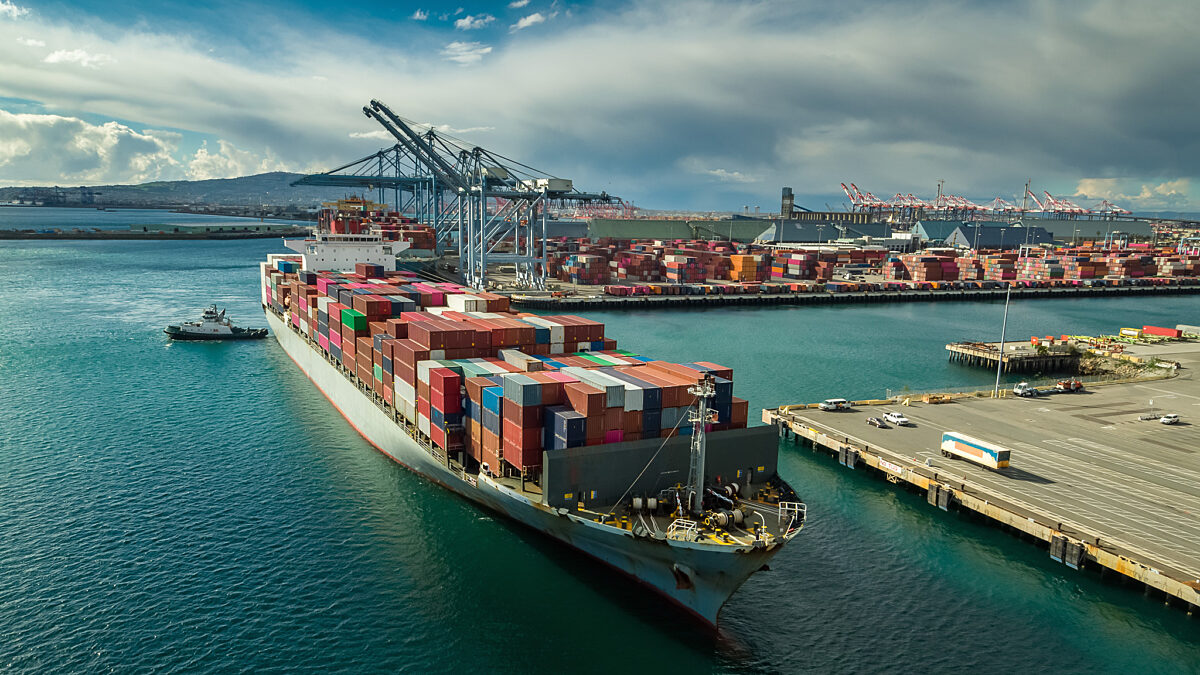We Need Trade, Not More Tariffs
TOPICS
TradeZippy Duvall
President

photo credit: Getty
Zippy Duvall
President
The United States, last Friday, increased to 25 percent the tariff on $200 billion in U.S. imports from China. It didn’t take long for China to respond with higher tariffs on $60 billion of U.S. exports, including farm goods. China’s new retaliatory action will take effect June 1.
This escalation in the trade war will make things even more difficult for farmers and ranchers who are already struggling due to a tough farm economy, weather disasters, trade uncertainty, labor shortages and other pressures. Much like another day of rain when your field is flooded, the latest retaliation adds insult to injury. It is especially painful because of recent hope that the U.S. and China were close to agreeing on a deal to resolve the trade dispute. This new round of tariffs seems to throw cold water on those hopes—but as long as the two sides keep talking, there is the chance of an agreement.
The solution, however, is not more tariffs. We need a successful end to the negotiations with China, and it cannot happen soon enough.
While the U.S. tariff increase had been delayed and didn’t come until the end of last week, the markets were already reeling in reaction to the threat. The price of soybeans, cotton and other products took a nosedive and some farmers told me they lost thousands of dollars. Longer-term, some farmers who are already delayed in planting crops because of the cold, rainy weather say they’re thinking about not even planting a crop this year because there’s no market for it.
This is a dramatic reversal in fortune for U.S. agriculture. The U.S. exported almost $20 billion in agricultural products to China in 2017, making it the No. 2 export market for U.S. farmers and ranchers.
After decades of work to develop the Chinese market, it grew from 2 percent of total U.S. ag exports in 2000 to 16 percent in 2017. This 87 percent growth outpaced the 64 percent growth in U.S. agricultural exports overall—until the trade war began a little over a year ago. Last year, our agricultural exports to China were cut in half—and it happened at a time when prices for some of our crops already were at their lowest level in decades.
The Trade Aid Package that President Trump authorized last year has helped some farmers and ranchers hold on a little longer, as it has given trade negotiators more time to reach a deal with China. Unfortunately, trade talks have stalled, and many in agriculture are about out of time.
The American Farm Bureau supports negotiations to level the playing field with China. Our overall trade deficit with China ballooned to $375 billion as of 2017 and continued to grow in 2018 (to $419 billion) despite the tariffs. The deficit continues to grow because, with our overall economy doing well and with very low unemployment, people have more money to spend on imports. However, such a large trade deficit with any one country is not sustainable for our economy. China needs to offer U.S. farmers and manufacturers greater access to its market.
The solution, however, is not more tariffs. We need a successful end to the negotiations with China, and it cannot happen soon enough. We have urged the Trump Administration to get the deal done, and to consider the impacts of these trade actions on our farmers and ranchers.
It’s easy to feel powerless in this situation, as our markets and our prices are dictated by forces beyond our individual control. But, together, we can have an impact. One way to take charge is by telling our story as farmers and ranchers. The more we explain how trade affects our own farms and families, the louder and more impactful our voice will become. I hope you will visit the American Farm Bureau’s advocacy website (www.fb.org/advocacy/action-alerts/share-your-story/) and record a short video with your personal story.
We also need to keep opening other markets by approving the U.S.-Mexico-Canada Agreement and continuing talks with Japan and insisting that agriculture is included in negotiations to reach a new trade deal with the European Union. While it is nearly impossible to replace a market as large as China’s, expanding other markets for agriculture around the world certainly would help.
The trade situation has tested farmers’ and ranchers’ patience for more than a year now. We are patient people. We’re used to playing a long game. However, we need to have a win in sight. Otherwise, patience will soon run out.
Zippy Duvall
President
Vincent “Zippy” Duvall, a poultry, cattle and hay producer from Greene County, Georgia, is the 12th president of the American Farm Bureau Federation.
Trending Topics
VIEW ALL